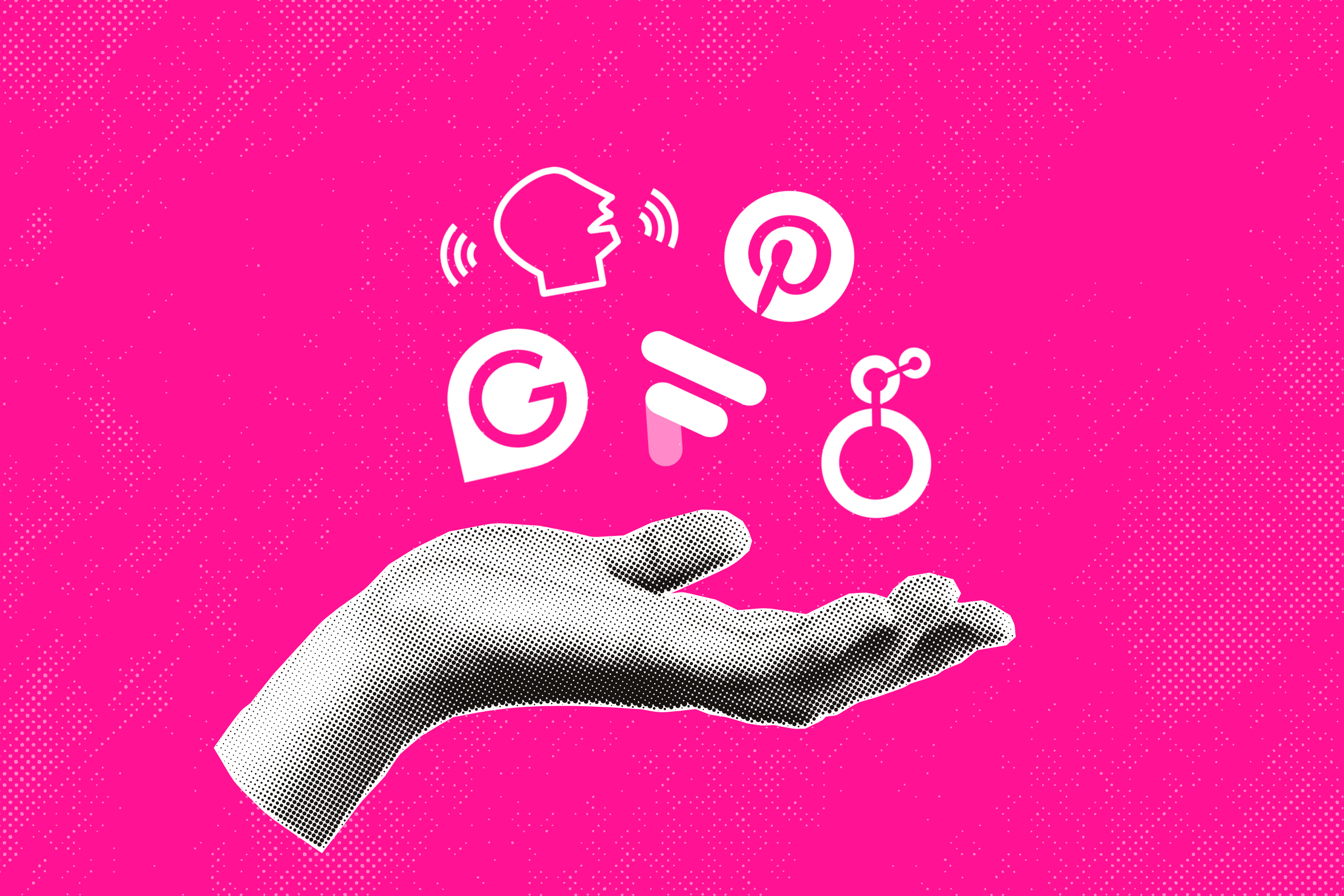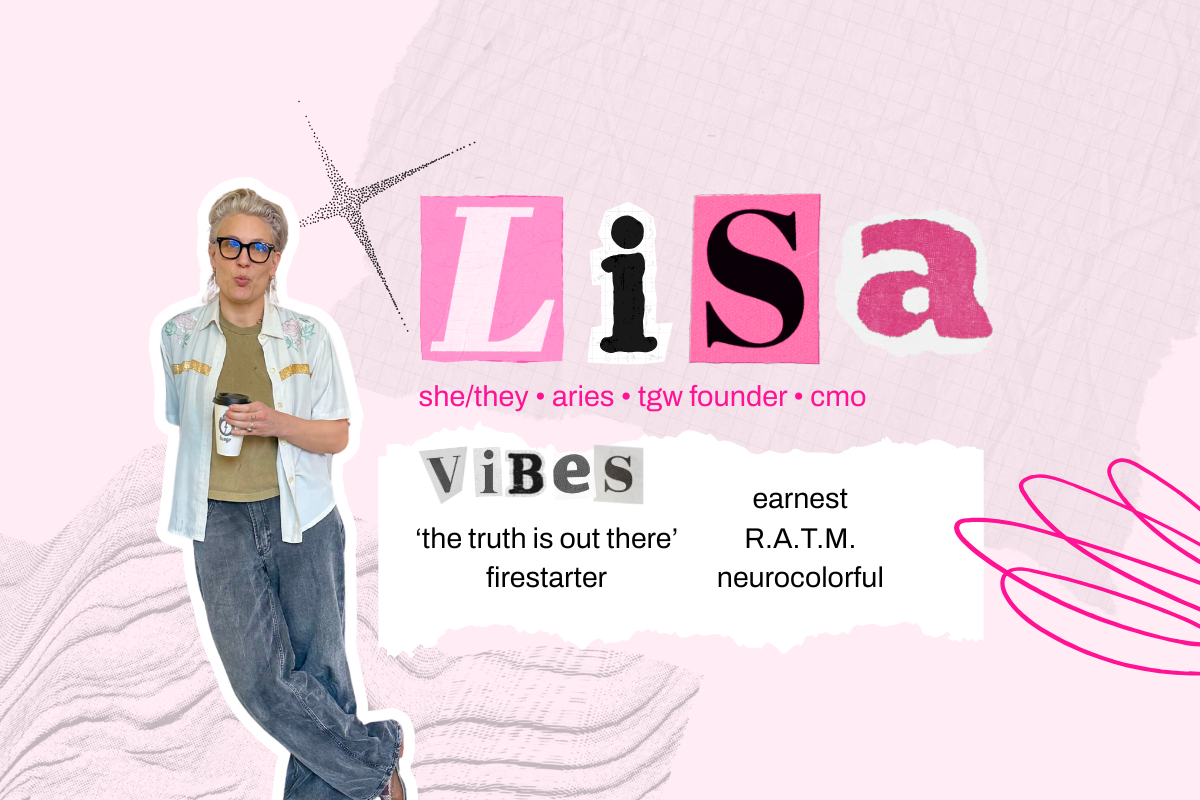The world turned green this summer, thanks to the debut of the new pop album sensation, Brat, and the explosive rise of Chappell Roan. Suddenly, everyone was 360, heading to the Pink Pony Club, and most importantly, so Julia. With a bright, bratty summer ahead, who could have predicted that the American Democratic Nominee would suddenly drop out of the race, pushing Kamala Harris to the front of the line for the nomination? With little time to spare before the upcoming election, Kamala’s marketing team would be tasked with a big project: winning the young American vote– fast.
Kamala Harris’ brat summer…
When it started to feel as though all hope was lost, that all changed on July 22nd. The critically acclaimed superstar Charli xcx named Kamala “brat,” potentially changing the trajectory of the presidential election.
While seemingly insignificant, Charli’s comment points to the importance and power of trends and influencer culture. While Charli may not be necessarily well-versed in American politics, this simple statement endorsed a presidential candidate.
Celebrity Endorsements
Celebrities and pop stars maintain online platforms with major influencing power that can reach millions of people. New discourse suggests that fans expect celebrities to use their resources, money, and fame to help persuade legislative action from politicians. Celebrities like Taylor Swift are often scrutinized for their silence, further driving a wedge between her and any semblance of relatability and empathy.
Kamala’s brattiness went viral, and others have joined in on the conversation. However, if this wasn’t brat summer, would Charli’s statement have made the impact that it did? Harris, endorsed by two of the year’s big pop stars, has fostered a commonality and relatability with Gen Z voters—and it’s because she knows what’s cool.
The Significance of Meme Culture
Kamala knows what’s cool because her marketing team definitely includes fresh college graduates—every video on her TikTok page has a comment saying, “Someone give this intern a raise,” but trust, these are professionals.
Harris’ marketing team is utilizing humor and meme culture to not only appeal to younger voters but to seemingly unify an entire political party in the race against Donald Trump.
Don’t worry, everyone. Kamala understands the hustle and bustle—the bus, club, another club, and no sleep feature Kamala and her newly appointed running mate, Tim Walz, campaigning on the road, booked and busy. This Lady Gaga interview meme is not only genuinely funny, but it’s a trend that’s applicable and appealing to a younger audience.
Out-of-pocket memes may seem silly, but even presidential candidates cannot escape the power of viral trends online. Even using a simple gum-chewing typing sound, can gather millions of views while making a silly dig at the competition. Trends aside, Kamala’s Tiktoks are relatable but also communicate to the target audience in an “if you know, you know” kind of way. Regardless of the content, the message is clear: Kamala is a great choice for President because she’s listening.
The Social Impact of Marketing
The role of marketing in presidential elections has transformed the 2024 election from a once dismal competition into a nail-biting race to the top. In the polls, Kamala is gaining popularity, and it’s likely that her likeability and support have been gaining momentum from the genius work of her marketing team.
Overall, this campaign’s marketing tactics ultimately shape the trajectory of this presidential race and the future of human rights for many minority groups across the United States. Unconventional, and at times drastic, marketing tactics can rally voters behind a candidate who matches the dire undertones of the election and highlights the importance of aligning with your desired audience.





